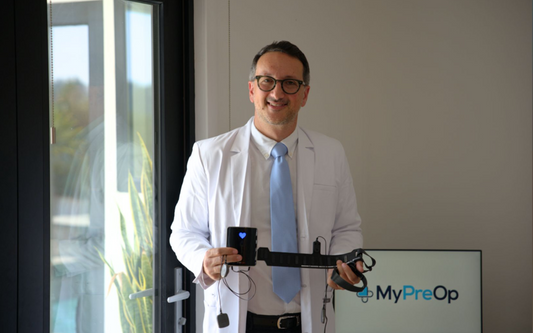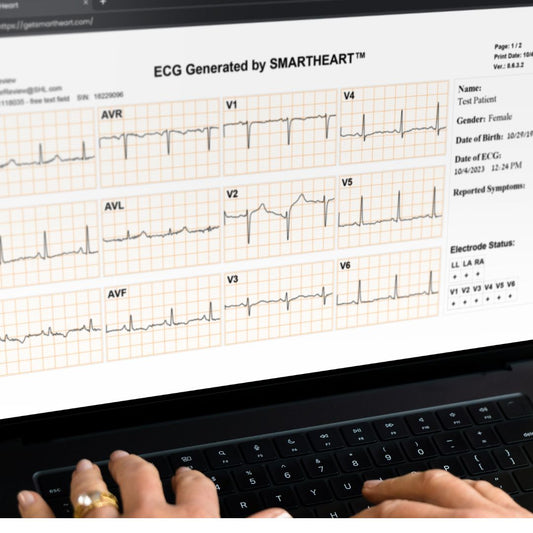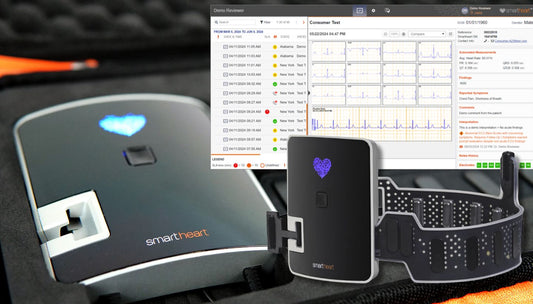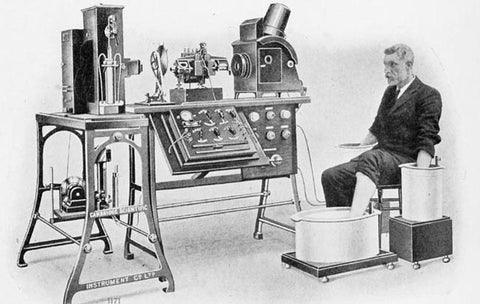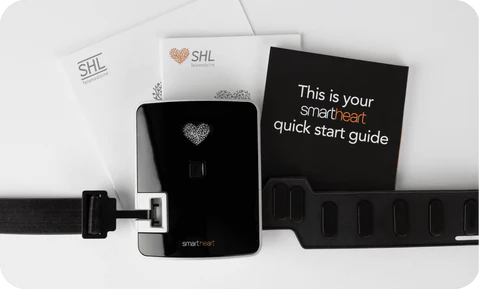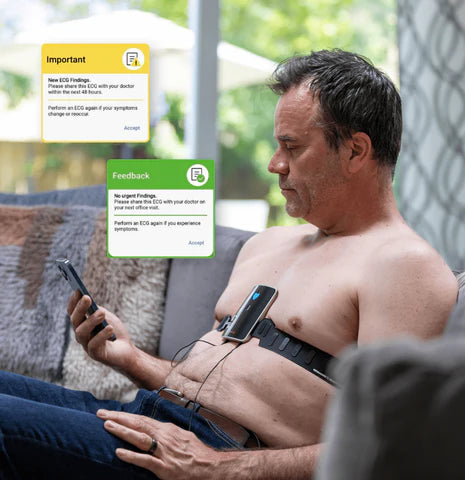Navigating the Climate Impact on Heart Health
Climate change is more than just a buzzword—it's a global reality affecting our daily lives and, crucially, our heart health. Despite the occasional chill of winter, the broader trend of rising global temperatures brings extreme weather variations that can stress the cardiovascular system in unexpected ways.
Understanding the Heart-Climate Connection
Rapid changes in temperature are not just uncomfortable—they can be hazardous to heart health. These fluctuations can lead to increased blood pressure, a key risk factor for heart failure. It's a common misconception that only extreme heat poses a risk; in reality, the variability of temperatures, including sudden drops, can be just as perilous.
A study highlighted in 2017 found that for each 1°C drop in temperature, there was an associated increase in systolic and diastolic blood pressure. While these increments seem minor, they can cumulate to significant impacts, particularly for those already vulnerable due to pre-existing cardiovascular conditions.
The Risks of Temperature Extremes
More alarming, research has demonstrated that a significant drop in temperature can drastically increase the risk of coronary events. For instance, a decrease of 10°C can lead to a notable rise in the rate of heart attacks and other coronary complications. This statistic is a stark reminder of the urgent need to adapt our healthcare approaches in response to our changing climate.
Heatwaves too pose a severe threat, particularly for those with existing heart conditions. The infamous 2003 heatwave in Europe tragically illustrated the high mortality associated with extreme temperature events, signaling a dire need for better preventive measures in both moderate and extreme climates.
Proactive Heart Health Management
In response to these challenges, it's crucial to integrate preventive cardiac care into daily routines. Modern technology offers innovative solutions like portable ECG devices that empower individuals to monitor their heart rhythms actively. These devices, coupled with comprehensive heart health apps, provide crucial data that can help manage and mitigate the risks posed by temperature extremes.
Utilizing wearable technology for continuous monitoring can offer insights into how one's heart responds to various environmental stresses. This proactive approach is not only about managing risks but also about embracing a lifestyle that prioritizes heart health through diet, exercise, and regular medical check-ups.
Embracing Technology for Heart Health
The advent of personal and wearable heart monitoring technologies transforms how we approach cardiovascular health. By providing real-time data and insights, these tools enable individuals to stay informed and proactive about their heart health, regardless of their environment.
In summary, as the climate continues to change, so too should our approach to health monitoring. By leveraging technology and staying informed about the cardiovascular implications of our environment, we can better protect ourselves and our loved ones from the unseen risks of our warming world.
https://www.nature.com/articles/s41569-022-00720-x
https://www.sciencedirect.com/science/article/pii/S0953620510000439?casa_token=plXY8urLj
https://www.sciencedirect.com/science/article/pii/S2666667722000757
https://www.ahajournals.org/doi/full/10.1161/CIRCRESAHA.117.30645





